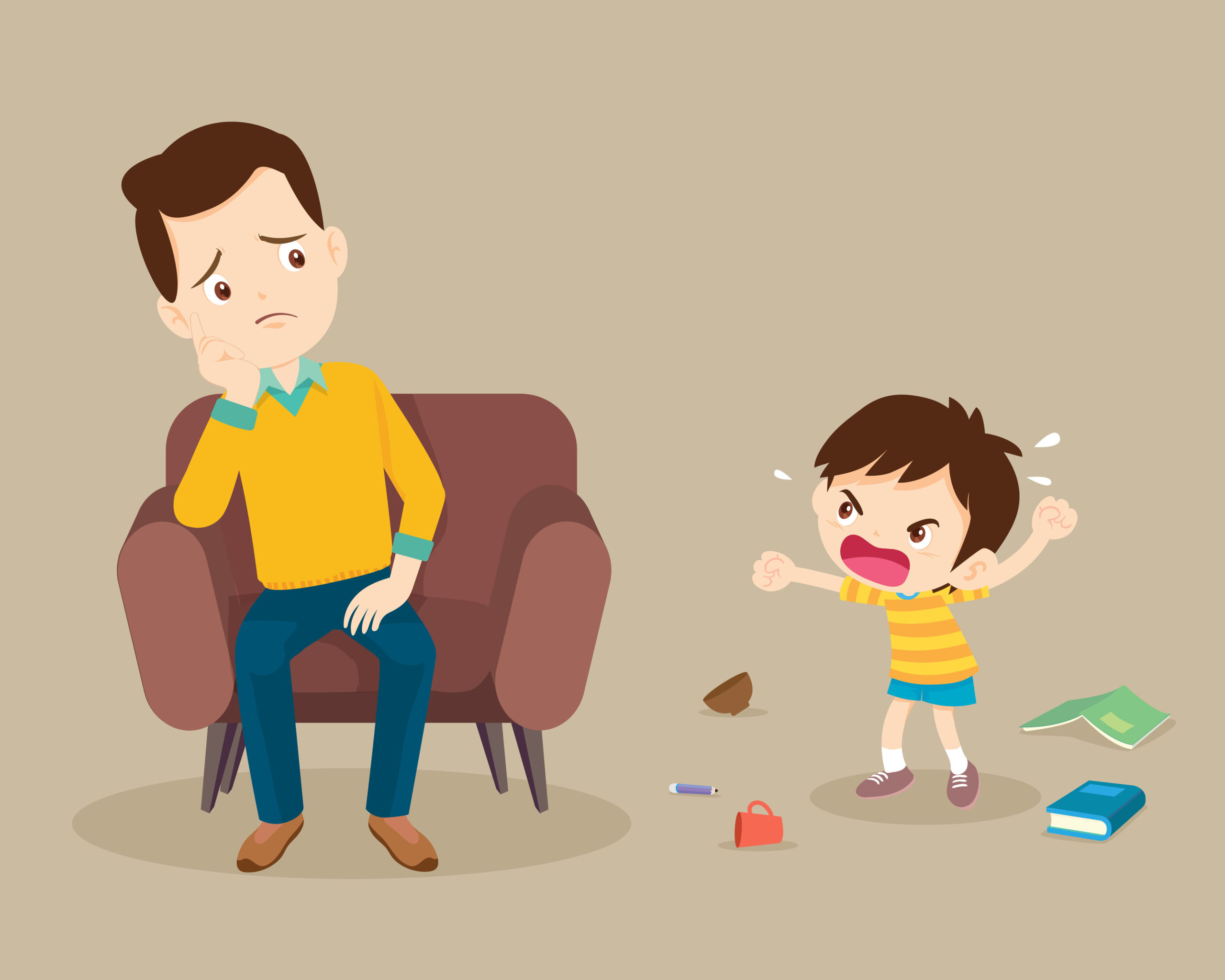
Here are tips to help you decide if your child needs a mental health evaluation.
Anyone who has a child knows their emotions and behaviors can change on a dime. One minute they are happy and easy-going. The next, they may be sad, angry, anxious or irritable. So how do you know when your child’s emotions and behaviors are normal and when they may indicate a more serious problem?
Children go through developmental phases that cause them to exhibit varying emotions and behaviors. But there are also mental health conditions that may affect children of all ages. These conditions can affect a child’s development and may prevent them from reaching their full potential if they are not treated.
“In pediatrics we have seen a significant increase in mental health diagnoses for children of all age groups. This was occurring pre the Sars-Cov2 pandemic, but the last few years have certainly brought a lot of the issues even more to the forefront. There are things that we can do to help your child if they are experiencing any signs or symptoms of a mental health concern, so do not hesitate to reach out if you are worried.”
What types of mental health issues affect children?
Many of the same mental health issues that affect adults can also affect children. Some of the more common ones include:
-
- Attention deficit hyperactivity disorder (ADHD)
- Autism spectrum disorder
- Anxiety disorders
- Depression
- Eating disorders
- Post-traumatic stress disorder (PTSD)
What are the signs of possible mental health issues in children?
Children may exhibit different signs, depending on their age and possible mental health issue. Some common signs include:
-
- Constant irritability
- Consumed by fears or excessive worrying
- Diet or exercise excessively
- Engage in self-harm behaviors, like cutting
- Experience recent academic problems or other issues in school
- Frequent headaches or stomachaches, with no known medical cause
- Frequent tantrums
- Lack of energy
- No interest in things they used to enjoy
- Not able to sit still and always in constant motion
- Not interested in playing or socializing with others
- Participate in risky behaviors
- Say they hear things other people can’t hear
- Sleep too much or too little
- Talk about hurting themselves or others
How can I differentiate between bad behavior and a mental health issue?
It can be difficult to know when a child’s behavior is normal or if there may be something more going on. Parents know their children best but here are some tips that indicate it may be time to seek an evaluation by a healthcare professional:
-
- The behavior interferes with your child’s functioning at home, in school or with friends.
- The behavior causes distress for your child, family or teachers.
- The behavior is unsafe or you believe they may cause harm to themselves or others.
- The behavior gets worse or appears to always be triggered by specific things.
- The behavior persists for more than a few weeks.
If you’re not sure whether your child’s behavior is cause for concern, talk to others who may be able to provide some insight into how your child is outside of the home. Your child’s teacher or the school psychologist are a good place to start. Your pediatrician can also give you advice about your child’s behavior and may be able to refer you to a mental health professional for further evaluation if they deem it necessary.
Copyright 2023 © Baldwin Publishing, Inc.
Health eCooks™ is a designated trademark of Baldwin Publishing, Inc.
Cook eKitchen™ is a designated trademark of Baldwin Publishing, Inc. Any duplication or distribution of the information contained herein without the express approval of Baldwin Publishing, Inc. is strictly prohibited.
Date Last Reviewed: March 20, 2023
Editorial Review: Andrea Cohen, Editorial Director, Baldwin Publishing, Inc. Contact Editor
Medical Review: Perry Pitkow, MD
Learn more about Baldwin Publishing Inc. editorial policy, privacy policy, ADA compliance and sponsorship policy.
No information provided by Baldwin Publishing, Inc. in any article is a substitute for medical advice or treatment for any medical condition. Baldwin Publishing, Inc. strongly suggests that you use this information in consultation with your doctor or other health professional. Use or viewing of any Baldwin Publishing, Inc. article signifies your understanding and agreement to the disclaimer and acceptance of these terms of use.